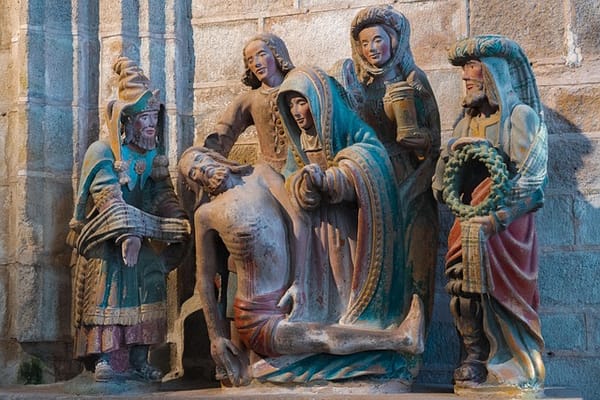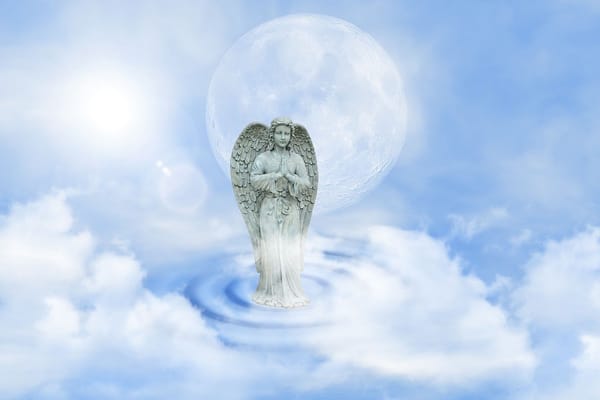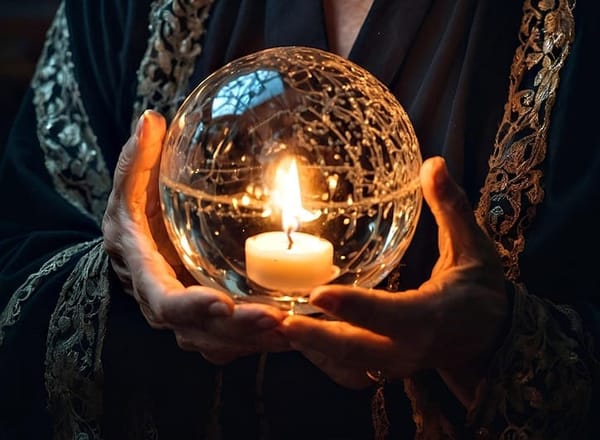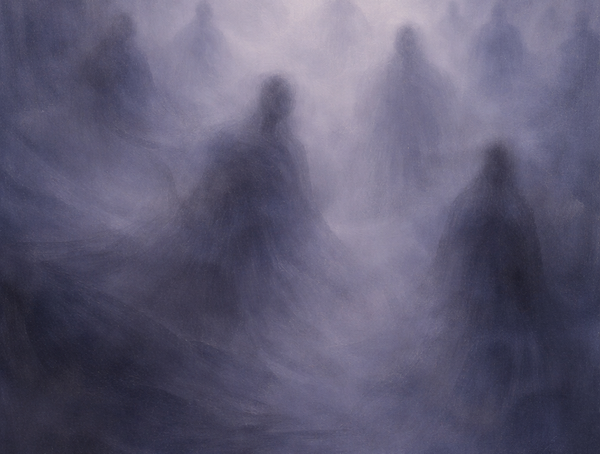1900-2200: Three Stages to Brotherhood
Thus every genuine act of cooperation today already belongs to the coming world.
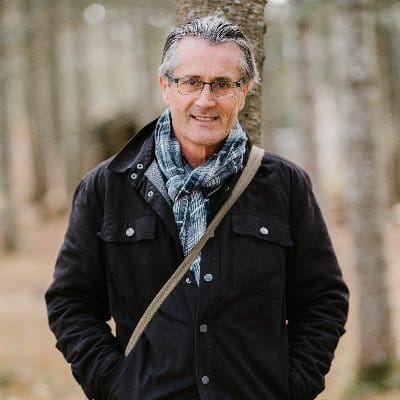
Thus every genuine act of cooperation today already belongs to the coming world.


According to Steiner’s own chronological indications, the true epoch of brotherhood — when the principle of love becomes an organizing social force rather than a private virtue — belongs to the Sixth Post-Atlantean cultural age, beginning roughly around 3573 AD.
That is the distant horizon in which the consciousness soul of our era ripens into the spirit-self (Manas).
Yet Steiner also speaks of preparatory rhythms within the Fifth epoch (our own, which began in 1413 AD).
He divides the immediate future into three decisive stages — roughly spanning 1900 – 2200 AD — through which humanity must interiorize freedom and truth so that brotherhood can later become reality.
What follows is a synthetic outline drawn from Karmic Relationships, The Fall of the Spirits of Darkness, and the Threefold Commonwealth lectures.
Spiritual gesture: Michaelic clarification of thinking
Dominant polarity: Materialism vs. the first stirrings of spiritual science
Steiner often called the 20th century the “harvest of intellectualism.”
Michael’s rulership (beginning 1879) brought cosmic intelligence down into human hands.
In this period, humanity had to learn to think freely, without the automatic support of revelation.
The dangers: atheistic materialism, nationalism, and mechanical abstraction.
The gifts: the possibility of self-conscious thought and of spiritual science itself.
Task: To redeem Baconian intelligence — to discover spirit within the lawful processes of nature and history.
This century thus corresponds to Freedom in the cultural life — the first member of the threefold organism awakening.
Spiritual gesture: Birth of the etheric heart-organ of conscience
Dominant polarity: Luciferic illusion vs. Christic discernment
Steiner foresaw that around the turn of the millennium the Christ would appear in the etheric world, perceptible to a growing number of souls through moral imagination and reverent thinking.
This period we are now in tests whether the “I” can recognize life as the body of Christ amid the technological mirage of the Ahrimanic system.
Task: To learn to perceive ethically — to make knowledge itself a moral deed.
This age is the laboratory for the second principle: Equality in the rights life, grounded not in ideology but in the direct perception of the other’s divine worth.
Spiritual gesture: Seed of brotherhood in economic life
Dominant polarity: Ahrimanic collectivism vs. conscious cooperation
Steiner hinted that by the early 22nd century the choice of civilization will have crystallized: either a mechanized world-state ruled by calculation, or communities organized through trust and moral technique — the embryonic form of the sixth epoch.
Task: To spiritualize will — to transform economic necessity into conscious service.
This third stage corresponds to Brotherhood in the economic life, not yet universal, but appearing in pioneering centers where economics becomes associative rather than competitive.
| Period | Inner Faculty | Social Principle | Spiritual Opponent | Seed for Future |
|---|---|---|---|---|
| 1900 – 2000 | Conscious thought (Freedom) | Cultural life | Materialism (Ahriman) | Spiritual Science |
| 2000 – 2100 | Moral imagination (Equality) | Rights life | Illusion & emotionalism (Lucifer) | Etheric Christ perception |
| 2100 – 2200 | Moral technique of will (Brotherhood) | Economic life | Collectivist control (Ahriman-Luciferic fusion) | Prototype of Sixth Epoch |
Although the full brotherhood belongs to the future epoch, the seed must be sown now.
Just as the Renaissance prefigured the consciousness soul centuries before its maturity, so our century must begin to practice associative economics, moral technology, and collaborative creativity.
These are the “Rosicrucian experiments” that prepare the vessel of the next age.
Steiner once said:
“The sixth epoch will be an age of brotherhood; but it can arise only if in the fifth epoch men learn to love.”
Thus every genuine act of cooperation today already belongs to the coming world.

